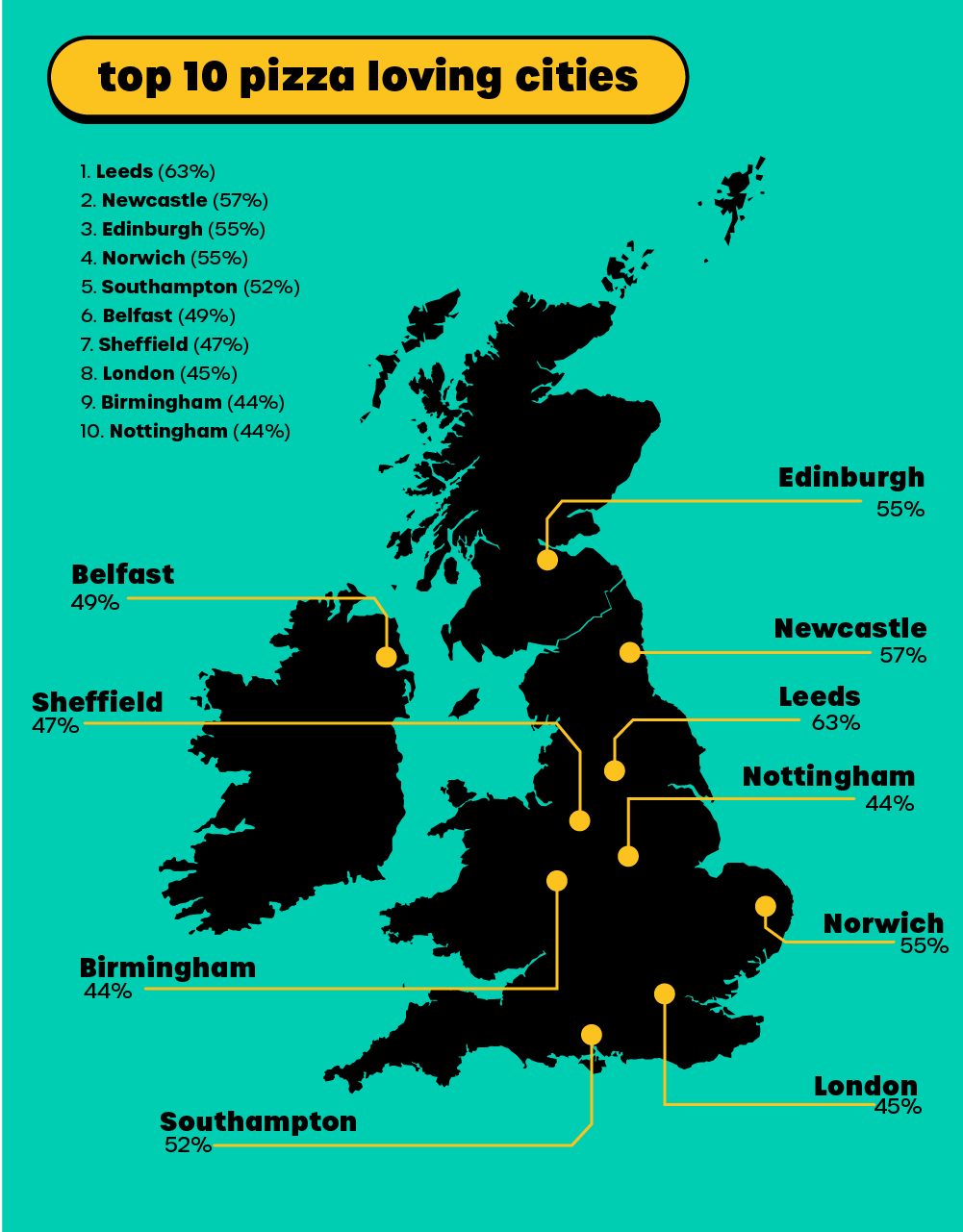As businesses continue to rely on their online presence, website builders are becoming increasingly important tools for creating and maintaining a website. While there are many website builders on the market, not all of them are created equal. Some website builders offer powerful integration capabilities, allowing you to seamlessly connect with a range of third-party tools and services to enhance your website’s functionality and performance.
In this article, we’ll explore how integration-friendly website builders can help you supercharge your website and take your online presence to the next level.
What are Integration-Friendly Website Builders?
Integration-friendly website builders are platforms that offer powerful integration capabilities, allowing you to connect with a range of third-party tools and services. These integrations can include everything from email marketing and social media platforms to payment gateways and customer relationship management (CRM) systems.
By using an integration-friendly website builder, you can extend your website’s functionality and streamline your online operations. For example, you can use integrations to automate your email marketing campaigns, process payments more efficiently, and track customer interactions across multiple channels.
Why Use an Integration-Friendly Website Builder?
Using an integration-friendly website builder offers a range of benefits, including:
- Enhanced functionality: By integrating with third-party tools and services, you can add new features and capabilities to your website, such as online chatbots or appointment scheduling tools.
- Improved efficiency: Integrations can help you streamline your operations and automate repetitive tasks, such as managing customer data or processing payments.
- Better customer experience: Integrations can help you provide a seamless and personalized experience for your website visitors, such as offering personalized product recommendations or providing support via live chat.
- Increased revenue: By improving your website’s functionality and customer experience, you can attract and retain more customers, leading to increased revenue and business growth.
Top Integration-Friendly Website Builders
Wix: Wix is a popular website builder that offers a wide range of integrations, including social media platforms, email marketing tools, and e-commerce platforms. With Wix, you can also use its powerful App Market to browse and install a range of third-party apps to enhance your website’s functionality.
Squarespace: Squarespace is a sleek and modern website builder that offers a range of integrations, including Google Analytics, social media platforms, and e-commerce tools. Squarespace also offers a powerful developer platform, allowing you to create custom integrations and extensions for your website.
Shopify: Shopify is a powerful e-commerce website builder that offers a range of integrations with payment gateways, shipping providers, and other e-commerce tools. With Shopify, you can also use its App Store to browse and install a range of third-party apps to enhance your online store’s functionality.
WordPress: WordPress is a popular website builder that offers a range of integrations, including social media platforms, e-commerce tools, and CRM systems. With WordPress, you can also use its plugin ecosystem to browse and install a range of third-party plugins to enhance your website’s functionality.
Weebly: Weebly is a simple and easy-to-use website builder that offers a range of integrations, including email marketing tools, e-commerce platforms, and social media platforms. With Weebly, you can also use its App Center to browse and install a range of third-party apps to enhance your website’s functionality.
Choosing the Right Integration-Friendly Website Builder
When choosing an integration-friendly website builder, there are several factors to consider, including:
Integration capabilities: Look for a website builder that offers a range of integrations with third-party tools and services, and make sure that the integrations you need are available. Additionally, consider the ease of integration and whether the website builder offers pre-built integrations or if custom integrations are necessary.
User interface: A website builder with a user-friendly interface and intuitive design can make the integration process smoother and more efficient. Look for a builder with drag-and-drop functionality and clear navigation.
Cost: The cost of a website builder can vary, and it’s important to consider your budget when selecting a platform. Some website builders may offer more integrations but at a higher cost. Be sure to compare pricing plans and determine which platform offers the most value for your needs.
Customer support: Integrating third-party tools can be complex, so it’s important to choose a website builder that offers comprehensive customer support. Look for builders with robust knowledge bases, video tutorials, and responsive customer service teams.
Integration with Payment Processors
Payment processing is a crucial element of any e-commerce website. To make the payment process seamless for your customers, it is important to integrate your website with a payment processor that supports multiple payment methods and currencies. Some website builders offer built-in payment processing functionality, while others allow you to integrate with third-party payment processors like PayPal, Stripe, or Authorize.net.
Wix, for example, offers a built-in payment processing solution called Wix Payments, which supports over 40 payment methods and currencies. Shopify, on the other hand, offers a similar payment processing solution called Shopify Payments, which supports over 100 payment methods and currencies. When choosing a website builder, be sure to check if the payment processing solution meets your business needs.
Integration with social media
Social media integration is another important feature to consider when choosing a website builder. Social media can help you increase your website traffic, promote your products and services, and build your brand. Some website builders allow you to add social media buttons to your website, while others allow you to embed social media feeds directly into your website.
Wix, for example, offers social media buttons for Facebook, Twitter, Instagram, LinkedIn, and more. You can also add a social media feed to your Wix website, displaying your latest social media posts directly on your site. Squarespace also offers social media integration, allowing you to connect your website with your social media profiles and display your latest posts on your website.
Integration with Email Marketing Services
Email marketing is a powerful tool for businesses to communicate with their customers and promote their products and services. To make email marketing more effective, it is important to integrate your website with an email marketing service that allows you to create and send newsletters, automated emails, and other marketing campaigns.
Most website builders allow you to integrate with popular email marketing services like Mailchimp, Constant Contact, and AWeber. For example, WordPress allows you to install plugins like Mailchimp for WordPress, which allows you to easily add email signup forms to your website and integrate them with your Mailchimp account.
Integration with Analytics Tools
Analytics tools can help you track your website traffic, monitor your website’s performance, and gain insights into your audience. Integrating your website with an analytics tool is an important step in improving your website’s performance and making data-driven decisions.
Most website builders allow you to integrate with popular analytics tools like Google Analytics, which allows you to track your website traffic, user behaviour, and conversion rates. Some website builders, like Squarespace and Shopify, also offer built-in analytics tools that provide insights into your website’s performance.
Conclusion
Integrating your website with third-party tools and services can help you supercharge your online presence and take your business to the next level. When choosing a website builder, it is important to consider the integration capabilities and ensure that the builder meets your business needs. Wix, Squarespace, Shopify, WordPress, and Weebly are all excellent options for businesses looking to optimize their online presence with third-party integrations. By choosing the right website builder for your needs and leveraging the power of third-party tools, you can take your online presence to the next level.
Website Builder |
Starting Price |
Free Trial |
Domain Renewal Costs |
| Wix | Free and premium plans are available | Yes | $14.95 per year for domain renewal |
| Squarespace | £12 per month based on annual billing | 14-day free trial | $20 per year for domain renewal |
| Shopify | $9 per month for Shopify Lite | 14-day free trial | $14 per year for domain renewal |
| GoDaddy | Three pricing plans starting at $10 per month | No free trial is available | $17.99 per year for domain renewal |
| Hostinger | Free plan and premium plans start at $1.99 per month | No free trial is available | $8 per year for domain renewal |
| Weebly | Free plan and premium plans start at $6 per month | Yes, with premium plans only | $19.95 per year for domain renewal |
| WordPress.com | Free plan and premium plans start at $4 per month | Yes, with premium plans only | $18 per year for domain renewal |
| IONOS (1&1) | Three pricing plans starting at $1 per month | No free trial is available | $15 per year for domain renewal |
| Site123 | Free plan and premium plans start at $12.80 per month | Yes, with premium plans only | $13.90 per year for domain renewal |
| Jimdo | Free plan and premium plans start at $9 per month | Yes, with premium plans only | $20 per year for domain renewal |





















